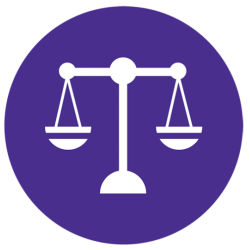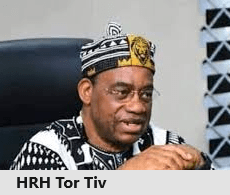Introduction: Understanding the Impact of Stress and Why Effective Management is Crucial
In today’s fast-paced and demanding world, stress has become an inevitable part of our lives. However, managing stress effectively is crucial for our overall well-being. In this ultimate guide, we will explore a range of stress management techniques that have proven to be effective in combating the daily pressures we face.

MINDFULNESS MEDITATION
One powerful technique that has gained significant popularity is mindfulness meditation. By practicing mindfulness, individuals can cultivate a sense of awareness and focus on the present moment. This technique has been shown to reduce stress levels and promote relaxation.

Breathing techniques: are at the core of mindfulness meditation. By paying attention to our breath, we can anchor ourselves in the present moment and bring our awareness back to our bodies. This simple practice helps us let go of distractions and connect with our inner selves.

Body scan meditation: takes this practice further by systematically scanning our bodies for any tension or discomfort. By bringing awareness to each part of our body, we can release physical and mental stress, fostering a sense of deep relaxation and tranquility.

EXERCISE AND PHYSICAL ACTIVITY
Another effective approach is engaging in regular exercise and physical activity. Physical exertion not only helps release endorphins, the body’s natural mood-boosting chemicals but also serves as a healthy outlet for pent-up stress and tension.
Cardiovascular Exercises: help strengthen our heart and lungs, improving their efficiency in delivering oxygen to our muscles. This not only enhances our endurance but also reduces the risk of cardiovascular diseases such as heart attacks and strokes.
Yoga And Pilates: In addition to cardiovascular exercises, incorporating practices like yoga and Pilates into our fitness routine can provide a multitude of benefits. Yoga focuses on flexibility, strength, balance, and mindfulness through a series of poses and breathing techniques. It not only improves physical health but also promotes mental clarity and relaxation.
On the other hand, Pilates is a low-impact exercise method that emphasizes core strength, stability, posture correction, and body alignment. It helps improve flexibility while toning muscles without placing excessive strain on joints.
COGNITIVE TECHNIQUES
Cognitive techniques are also valuable tools in managing stress. By challenging negative thought patterns and replacing them with more positive and realistic ones, individuals can reframe their perception of stressful situations and reduce their impact on mental well-being.
Thought stopping: is a simple yet effective technique that involves interrupting negative or unhelpful thoughts as soon as they arise. By recognizing these thoughts and consciously choosing to stop them, we can prevent them from spiraling into a cycle of negativity. Thought stopping allows us to take control of our thinking patterns and replace negative thoughts with more positive and constructive ones.
Cognitive Behavioral Therapy (CBT): is a widely recognized therapeutic approach that focuses on identifying and modifying dysfunctional thought patterns. By challenging negative beliefs and replacing them with more realistic and empowering ones, CBT helps individuals develop healthier coping mechanisms and build resilience. This evidence-based therapy has been proven effective in treating various mental health conditions, including anxiety disorders, depression, and post-traumatic stress disorder.
SELF-CARE PRACTICES
Lastly, self-care practices play a vital role in maintaining balance amidst life’s demands. Taking time for oneself through activities such as reading, taking baths, or engaging in hobbies can help alleviate stress by providing moments of relaxation and rejuvenation.
Healthy Eating: plays a vital role in maintaining overall well-being. By fueling our bodies with nutritious foods, we provide ourselves with the energy and nutrients needed to function optimally. Incorporating a balanced diet rich in fruits, vegetables, whole grains, lean proteins, and healthy fats can have a profound impact on our physical health and mental clarity.
Sleep Hygiene: Additionally, sleep hygiene is crucial for rejuvenating both our mind and body. Getting enough quality sleep allows us to recharge and heal from the demands of everyday life. Establishing a consistent sleep schedule, creating a relaxing bedtime routine, and ensuring a comfortable sleep environment are all important factors in promoting restful sleep.
In conclusion, by incorporating these various stress management techniques into your daily routine, you can take control of your mental well-being and lead a more balanced life. Let this guide serve as your roadmap to finding the strategies that work best for you in navigating the challenges of modern-day living.


















